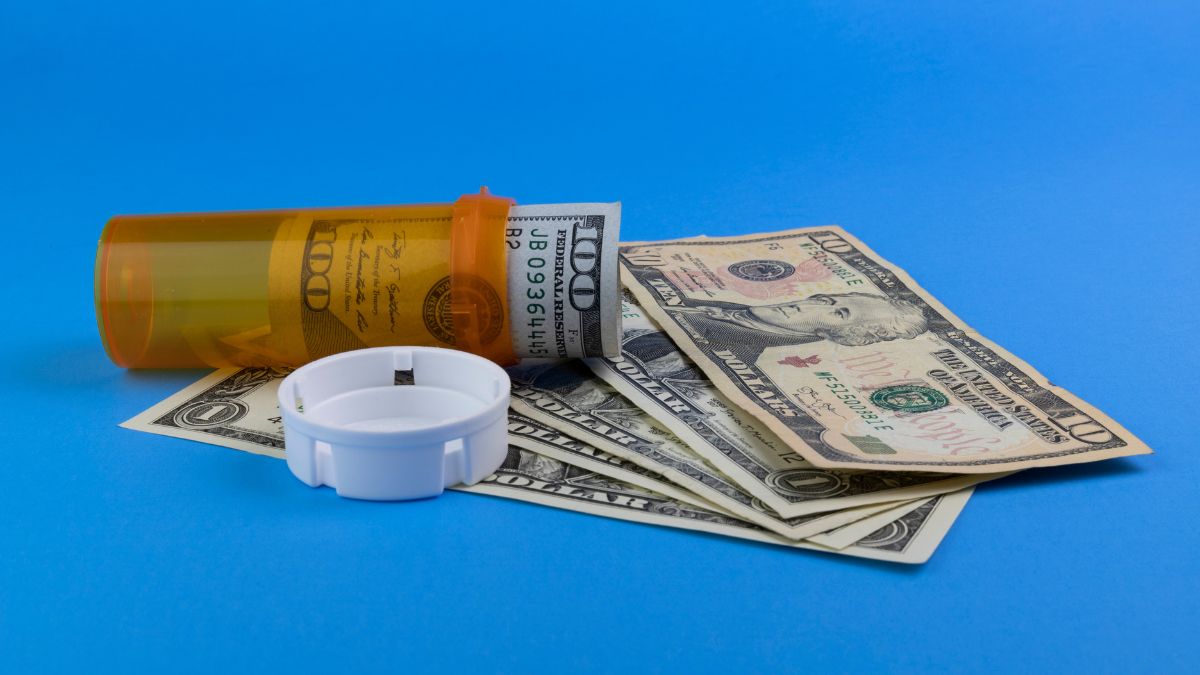After nearly going blind in August of 2024 and undergoing an emergency retinal detachment surgery, I thought all of my troubles were over. But then something even scarier came into play…medical debt scammers. Almost every day, I received texts from supposed debt collectors who claimed to work for the hospital. The messages insisted that I owed them money for my procedure, even though my actual hospital bill was significantly different from what the text stated. Feeling confused, annoyed and overwhelmed, I decided to do some research into what was actually going on, and I discovered medical debt scams are quite common and that without proper knowledge, several people fall victim to them. To prevent this from happening, I’ve decided to compile all the information I’ve learned about medical scams, including how to ensure you never pay anyone but the hospital a cent. Scroll down for more.
What is a medical debt scam?
A medical debt scam is when someone reaches out to you and claims that you owe them money for a hospital procedure. Most of the time, the amount they are saying you owe them is either from a bill you already paid, an inflated amount of your actual bill or a completely made-up number, and if you don’t pay it, they threaten legal action. A lot of the time, they also say that the bill is past due and needs to be handled as soon as possible.
These communications are most common over text and phone calls and hardly ever come in the form of a written letter.
“Medical billing is often riddled with errors, including inflated or duplicative charges, fees for services the patient never received, or charges already paid,” Consumer Financial Protection Bureau (CFPB) Director Rohit Chopra said in a statement.

The CFPB also shared that, “100 million Americans owe over $220 billion in medical debt, and medical bills are often confusing and filled with errors.”
The number of errors is growing as well since they claim that “Hospitals and other healthcare providers in the United States are increasingly outsourcing medical billing and collection activities to third parties, such as ‘revenue cycle management’ firms, who may have legal obligations under the Fair Debt Collection Practices Act,” which is a law that regulates third party debt collectors from interacting with consumers, ensuring that the number of unfair and abusive practices is limited. These are then violated by individuals who claim to work with the hospital; however, they are actually trying to get you to pay them instead of the facility where your medical procedure took place.
The CFPB also shared that when a scammer tries to get you to pay them, they are violating federal law, which is punishable by potential jail time and fines.
How to avoid medical debt scammers
Fortunately, there are several ways to combat medical debt scammers. The first step is to contact the hospital and simply ask if the bill you are being sent matches their records.
You can also log into your hospital’s patient portal and find the billing section to see if the amount the scammers want is even listed in your official bill. If it is, there is a chance that it could be real; however, before you pay anyone, you should always confirm with your hospital that the amount you are about to send is correct and will actually be applied to paying down your bill.
The CFPB also recommends that if you do come in contact with a medical debt scammer, to take legal action against them.

“You can sue debt collectors when they violate federal law,” reads their website. “Talk with a lawyer about a medical charge you believe is illegal or a debt collector you believe is breaking the law. Your local legal aid agency or bar association has information about lawyers who can help you.”
You can also submit a complaint to the CFPB on their website or by calling (855) 411-2372.






